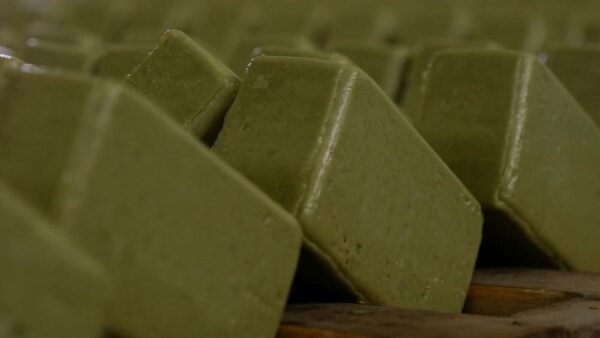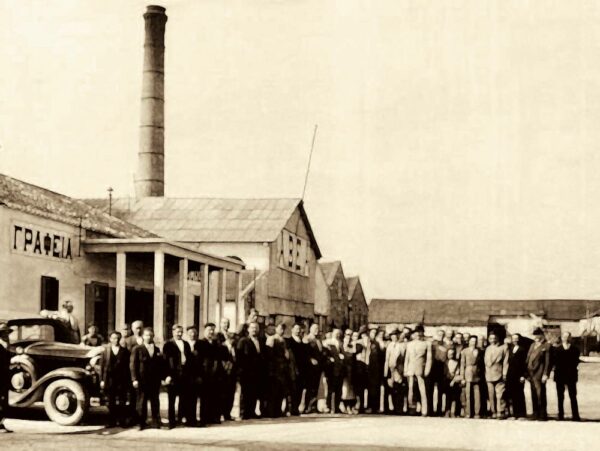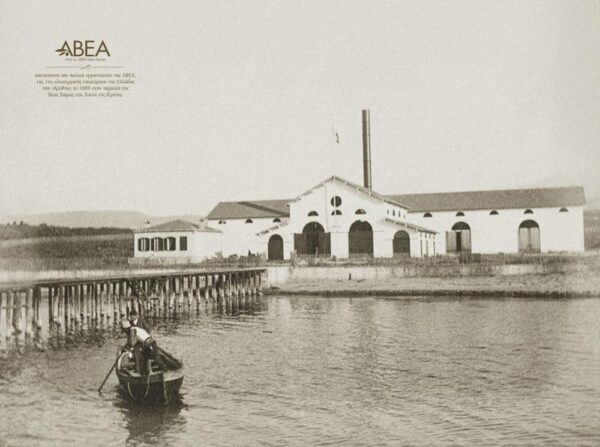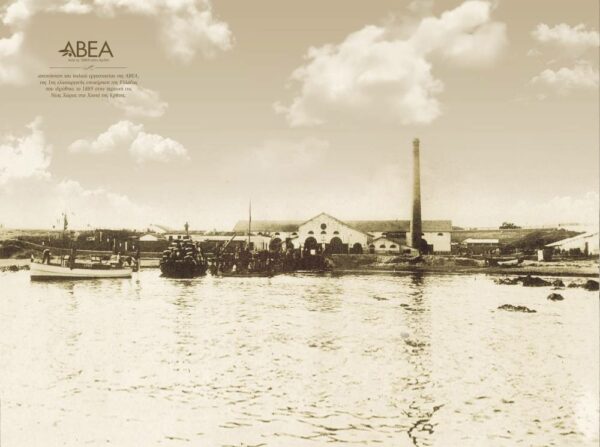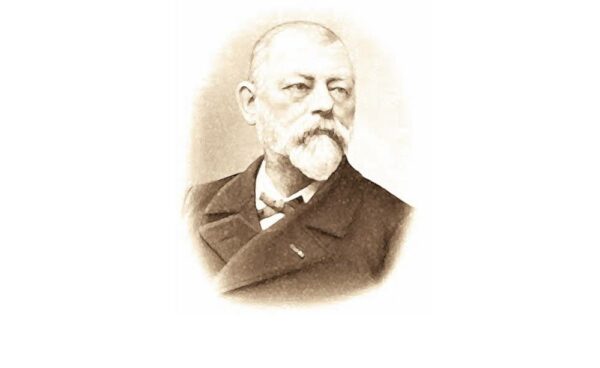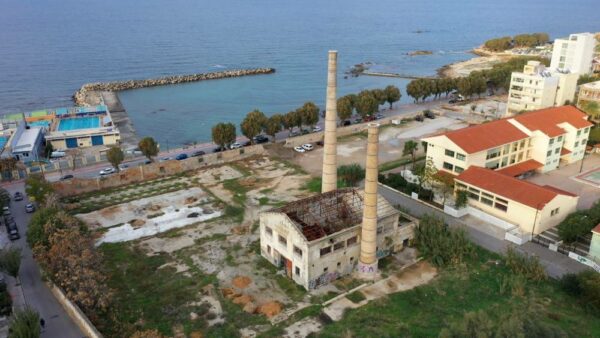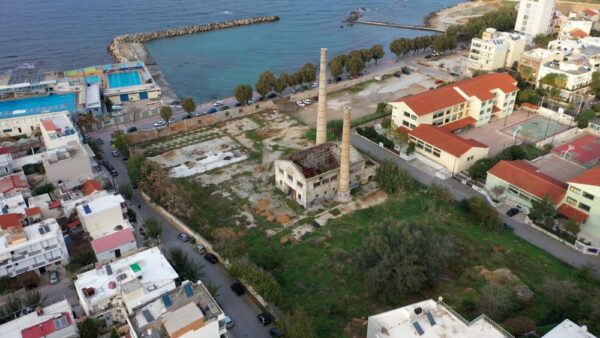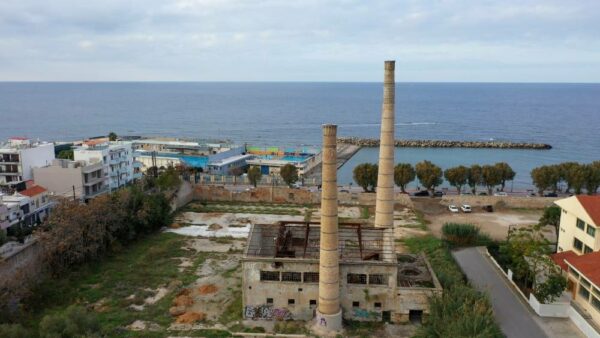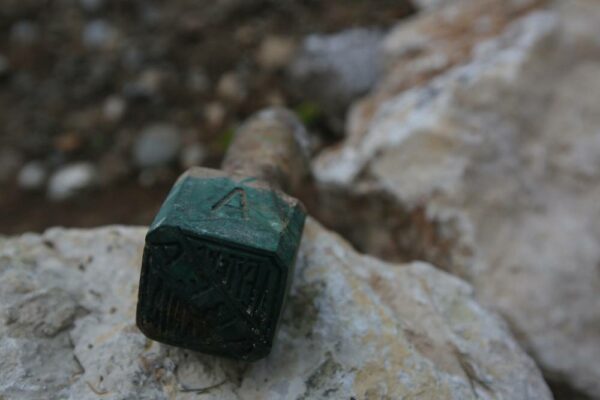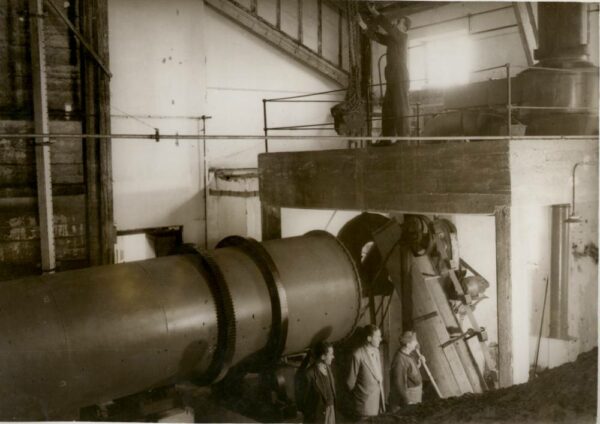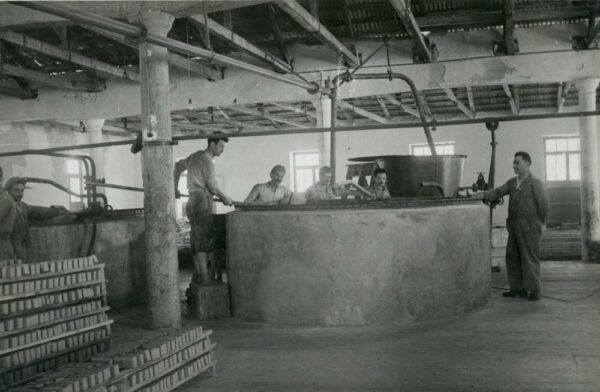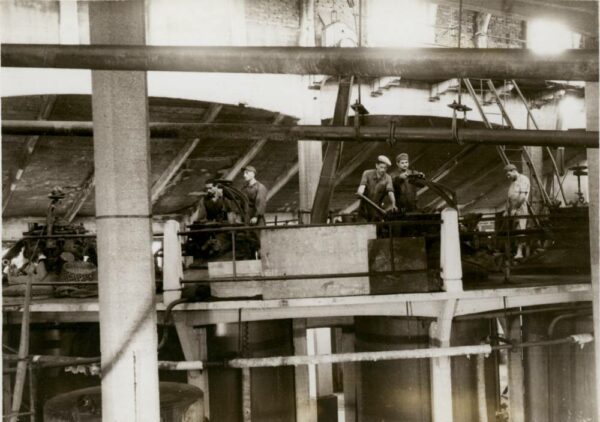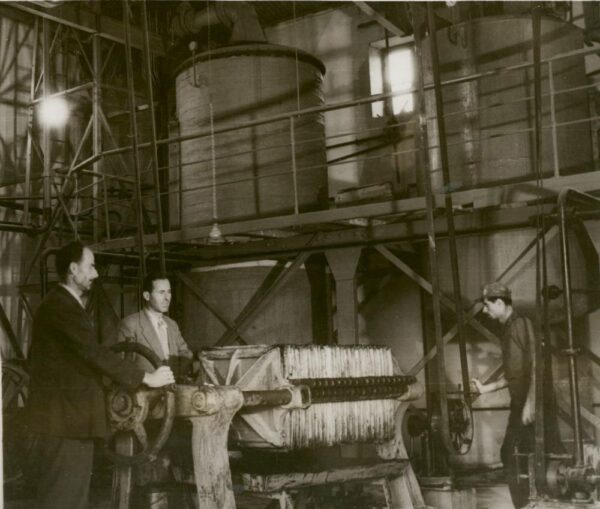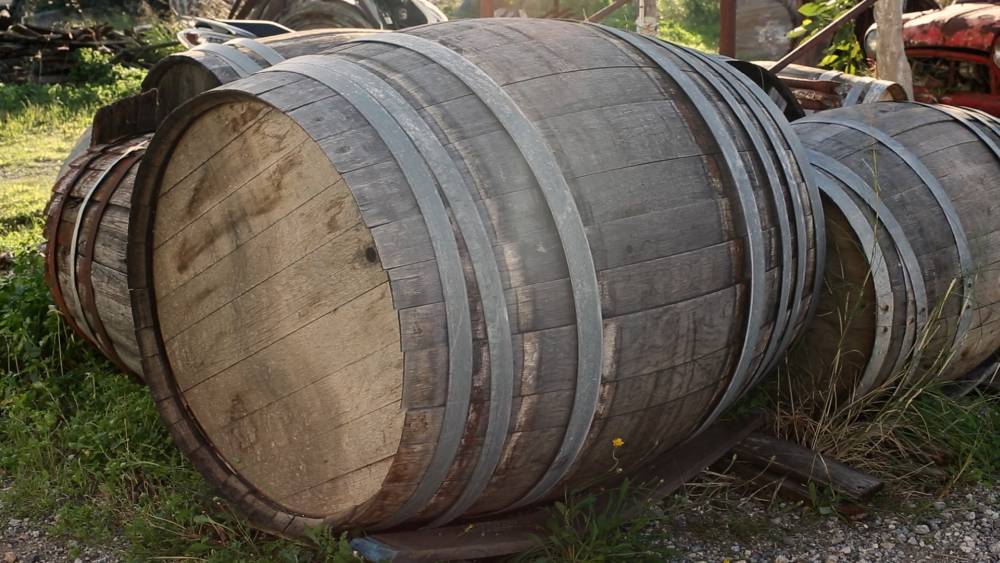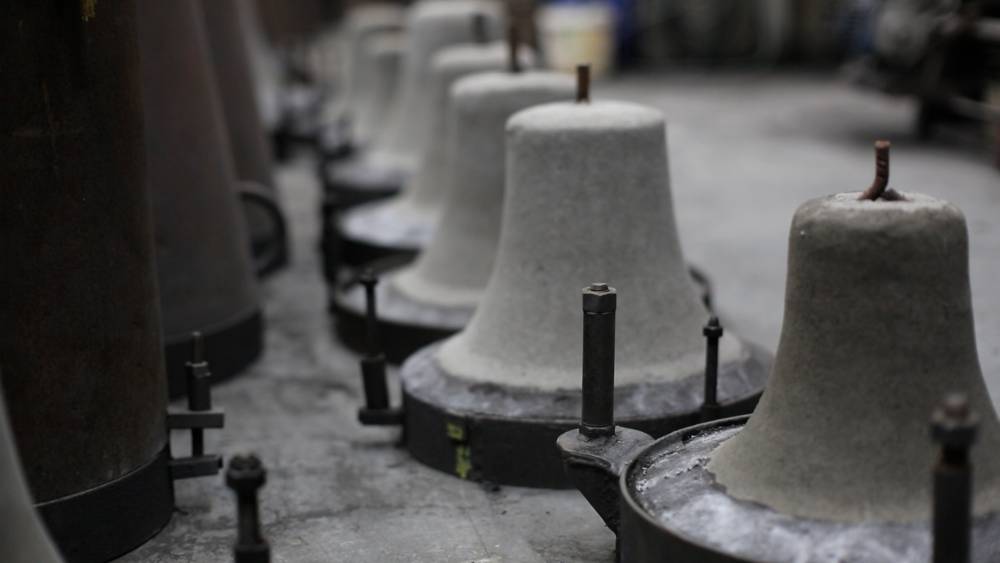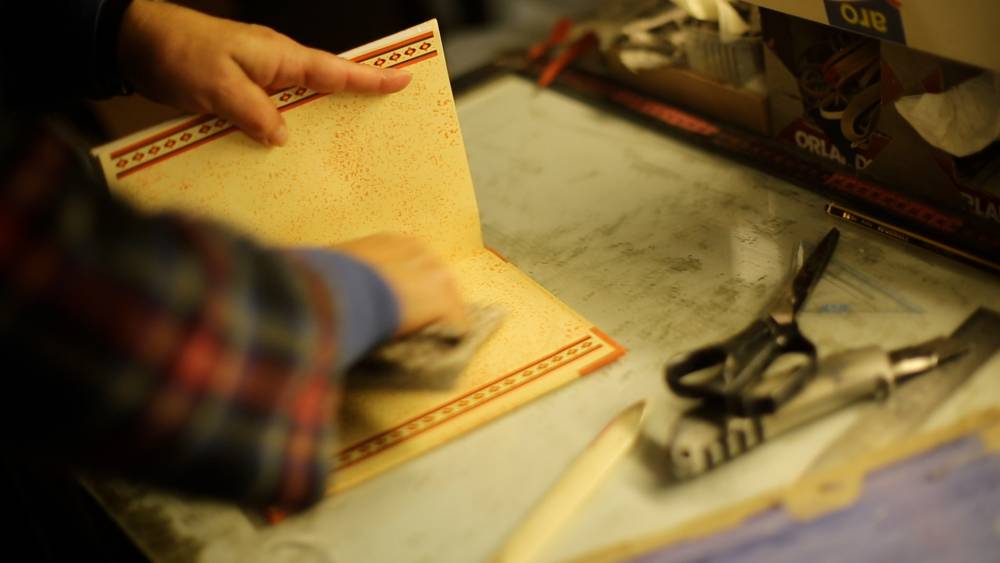Description
Olive oil was one of the products produced by Crete in large quantities. Oil as a commercial good, created a chain of manufacturing and other by-products. One of them was the well-known green soap.
Cretan soap factories played an important role throughout the Mediterranean. Soap production required significant amounts of oil. Despite the cessation of their operation, due to the Cretan revolutions, the end of the 19th century found Crete again with a lot of soap factories. Later the markets reopened and the Cretan soap again became a product of domestic consumption and export trade. The factory Anatoli Industry S.A. (AVEA) was the first of the twenty soap factories in Chania during the period of the Cretan State. It was founded in 1889 by the French chemist Julius Dey, in the area of Nea Chora, next to the then Jewish cemetery.
In the area west of the city of Chania where the municipal swimming pool is today, there was a wooden pier where raw materials arrived by ship and from there Cretan soap was exported to France and other countries. The factory was steam-powered and up to ten cauldrons were used in the soap production line. The soap maker, experienced or educated, had to know chemistry as well as the recipe of the mixing and baking of the soap. After cutting, sealing and drying the soap plates, it was packaged in boxes and was ready for the market. Despite the fact that the old factory with the imposing chimneys stopped operating in 1994, this area is still called AVEA by the locals.

